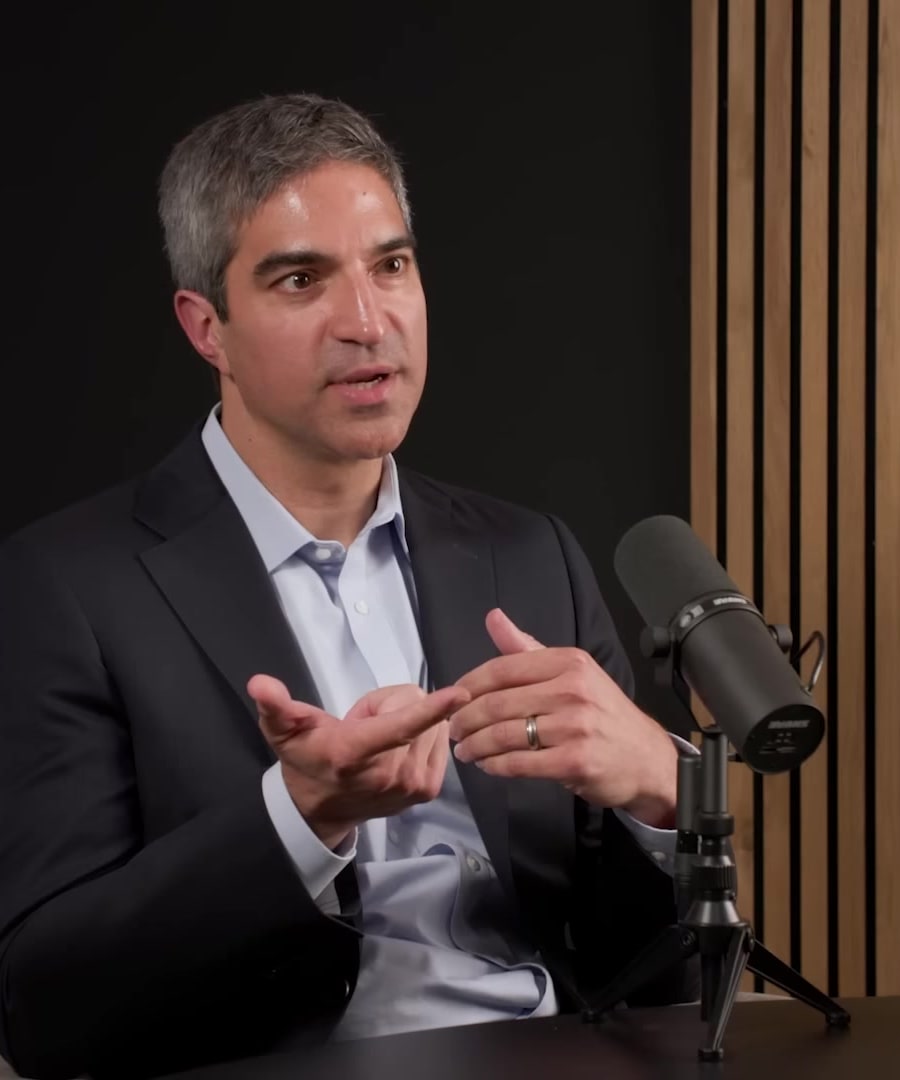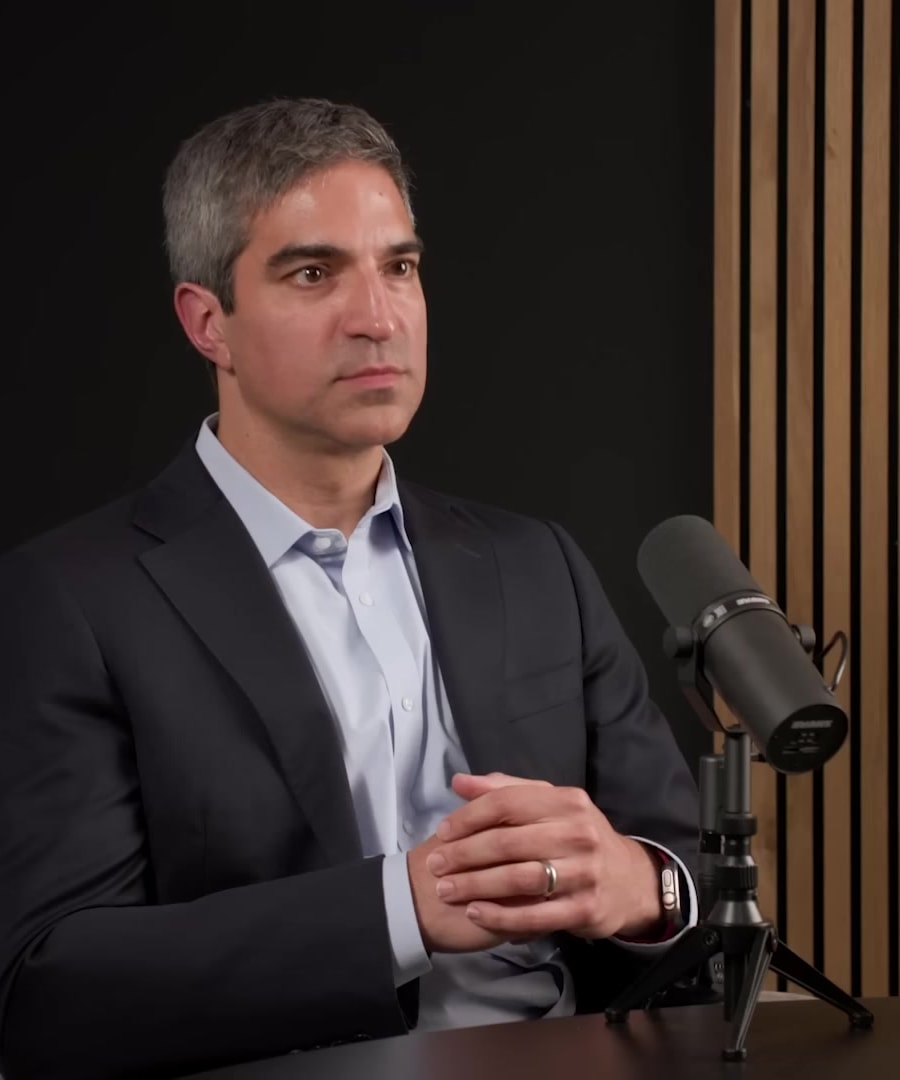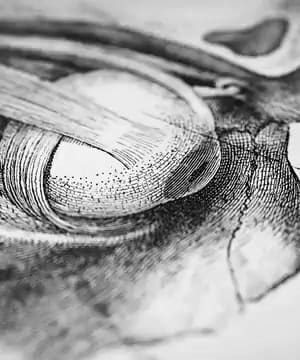Erectile dysfunction
Sources:
Erectile dysfunction (ED) is a common condition characterized by the inability to consistently achieve and maintain an erection. While it is prevalent in men over the age of 40, with over half likely to experience some degree of ED, it's also reported among younger men in their 20s and 30s. According to , most cases of erectile dysfunction are organic in nature, predominantly caused by blood flow issues rather than hormonal imbalances—less than 10% of ED cases are due to endocrine disorders.
Some common causes of ED include high blood pressure, diabetes, atherosclerosis, and obesity, as they all can impair blood flow to the end organs. It's noteworthy that ED can serve as an early marker for other more serious vascular conditions 1. Lifestyle factors such as nicotine use, which is a vasoconstrictor, can also negatively impact erectile function. Pelvic floor dysfunction has been identified as a possible cause of ED in younger men who may be relatively healthy but experience chronic stress or prolonged sitting 2.
In terms of treatment, medications like Cialis (Tadalafil) or Viagra are effective for a large percentage of men with vascular-related ED, offering relief for about 60% to 70% of users. It's important to note that their effectiveness can be influenced by various factors, including incorrect usage, dosage adjustments needed, and the individual's mental state, since stress and anxiety also play roles in achieving erections 3.
In cases where ED is thought to be linked to hormones, medical professionals may employ questionnaires or detailed interviews to assess libido, athletic performance, and motivation, but there is often a discrepancy between questionnaire results and subjective patient reports. Labs are typically ordered to rule out hormonal deficiencies 4.
For comprehensive assessment and treatment of ED, especially if it's a persistent problem, consulting a medical professional for evaluation and potential lab work is recommended.
RELATED QUESTIONSWhat treatment options are available for erectile dysfunction?
Sources:
Several treatment options for erectile dysfunction (ED) are available, each with different mechanisms and usage depending on the causes and severity of the condition:
-
Oral Medications (PDE5 Inhibitors): Phosphodiesterase inhibitor therapy is typically the first line of treatment, with medications like Sildenafil (Viagra), Tadalafil (Cialis), Vardenafil (Levitra), and Avanafil (Stendra). These enhance blood flow to the penis to help achieve an erection and are effective for many men 1.
-
Intracavernosal Injections: Medications injected directly into the penis to increase blood flow, achieving an erection. These injections, like TriMix, contain various compounds such as alprostadil and phentolamine. Although effective, there is a psychological barrier due to the nature of the injection 2.
-
Urethral Suppositories: Medication can be placed into the tip of the penis as a suppository or gel, which is then absorbed and helps induce an erection. Similar to injections, this method can be effective if oral medications are notsufficient 2.
-
Lifestyle Modifications: Managing conditions like high blood pressure or diabetes through dietary changes (e.g., Mediterranean diet), regular aerobic and resistance training, sleep improvement, and cessation of smoking or vaping can significantly improve sexual function. These lifestyle factors can also impact testosterone levels, which in turn affect erectile function 3.
-
Cardiovascular Health: Addressing endothelial dysfunction and cardiovascular health is essential, especially given the link between ED and future cardiovascular events. Regular check-ups and appropriate management of cardiovascular issues are important for preventing further complications 4.
Consultation with a healthcare provider for a full assessment and determination of the best treatment options for an individual case is essential, especially if ED is persistent.
RELATED QUESTIONS-
Can you explain more about the causes of erectile dysfunction?
Sources:
Erectile dysfunction (ED) has various potential causes, and understanding these can help in tailoring effective treatments. Here are some common causes as outlined by experts on the :
-
Blood Flow Issues: Most cases of ED are related to blood flow problems, similar to those that cause cardiovascular issues like high blood pressure, diabetes, and atherosclerosis. The smaller size of penile arteries means they can be affected earlier by occlusive diseases, making ED an early marker for potential vascular problems 1.
-
Pelvic Cancer Treatment: Treatments for cancers in the pelvis, such as prostate, bladder, or colorectal cancer, can impact erectile function by affecting nerves and blood vessels in the region 1.
-
Endocrine Disorders: Hormonal issues are a less common cause of ED, accounting for around 5-10% of cases. Despite widespread beliefs about the role of hormones like testosterone, most erectile issues are not hormonally driven 1.
-
Pelvic Floor Dysfunction: Stress and long periods of sitting, especially in younger individuals, can lead to ED through pelvic floor dysfunction. This doesn't necessarily reflect poor habits but rather the impact of a stressful lifestyle and prolonged sitting, which are common in modern society 2.
-
Lifestyle Factors: Behavioral aspects such as smoking, vaping, diet, lack of physical activity, poor sleep, and stress can all contribute to ED. Vaping and smoking are of particular concern because nicotine is a vasoconstrictor and can negatively affect erectile function 3.
For men experiencing ED, it's crucial to seek qualified medical attention for a thorough evaluation. An understanding of individual lifestyle, medical history, and specific symptoms will help healthcare providers recommend the most appropriate course of action.
RELATED QUESTIONS-
Is erectile dysfunction curable
Sources:
Erectile dysfunction (ED) is a condition that may be treated successfully, depending on the underlying cause. According to the , various treatments for ED include blood flow enhancers, such as Viagra and Cialis, which can resolve about 60-70% of cases related to blood flow issues 1. For treatments beyond blood flow enhancers, urethral suppositories and penile injections are other options. These methods can be effective even where other treatments are not, with penile injections having an efficacy of about 80-90% 1.
However, because ED is complex and can have multiple contributing factors, from physiological to psychological, it's essential to consult with a healthcare provider to understand the specific causes of an individual's ED and to find the most suitable treatment strategy. This approach ensures that any remediation is not only targeted at the symptoms but also addresses the root causes, whether they be endocrine, vascular, neurological, or stemming from lifestyle factors.
RELATED QUESTIONSWhen you mention viagra, you mean to take it whenever you want to have intercourse or it has long term effects on blood flow?
Sources:
Viagra, also known as sildenafil, is primarily used as-needed for erectile dysfunction (ED), and is taken before sexual activity to improve blood flow to the penis and facilitate an erection 1. It does not generally have long-term effects on blood flow or cure ED permanently. Viagra acts by increasing nitric oxide availability, which enhances the blood flow temporarily 1.
It's essential to understand that Viagra is designed to work in the short term, and its effects typically last for a few hours after taking the medication. It does not lead to long-term improvements in blood flow or erectile function without repeated use prior to sexual intercourse. As with any medication or supplement, it's vital to consult with a healthcare provider regarding the correct usage and to address any concerns about its effects.
For more detailed information on Viagra and its use, it's advisable to speak with a healthcare professional who can provide guidance based on an individual's health history and needs.
RELATED QUESTIONSBut I am more interested on long term cures that will fix the issue
Sources:
For more durable solutions to erectile dysfunction (ED), alternative long-term treatments have been discussed on the :
-
Lifestyle Interventions: Addressing factors like diet, exercise, smoking cessation, and stress management can improve overall vascular health and reduce ED 1.
-
Pelvic Blood Flow Assessment: Doppler ultrasound can be used to assess blood flow to the genitals, which might identify underlying vascular issues contributing to ED 1.
-
Medications: Aside from Viagra, other pharmacological interventions include intracavernosal injections like Trimix, which is directly injected to the penis and is considered a highly effective non-surgical treatment for ED 2.
-
Low-Dose Cialis (Tadalafil): Daily low doses have been shown to be effective not only for ED but also for improving prostate health and reducing symptoms of an enlarged prostate 3.
-
Psychogenic Component: It's crucial to address the psychological aspects of ED, which can contribute to or exacerbate the condition. Mindfulness and reducing performance anxiety can help improve sexual function 3.
-
Hormonal Treatments: Hormonal imbalances contribute to sexual dysfunction, and correcting these may aid in long-term improvement 1.
-
Peptide Treatments: There's interest in using peptide treatments related to melanocyte-stimulating hormone for increasing libido and potentially erectile function, though these aren't typically used in clinical settings but merit exploration 4.
It's vital that treatment decisions be made in consultation with a healthcare provider who can tailor the approach based on the individual's specific health needs and circumstances.
RELATED QUESTIONS-
Erectile dysfunction
- RELATED QUESTIONS
What treatment options are available for erectile dysfunction?
- RELATED QUESTIONS
Can you explain more about the causes of erectile dysfunction?
- RELATED QUESTIONS
Is erectile dysfunction curable
- RELATED QUESTIONS
When you mention viagra, you mean to take it whenever you want to have intercourse or it has long term effects on blood flow?
- RELATED QUESTIONS
But I am more interested on long term cures that will fix the issue
- RELATED QUESTIONS













